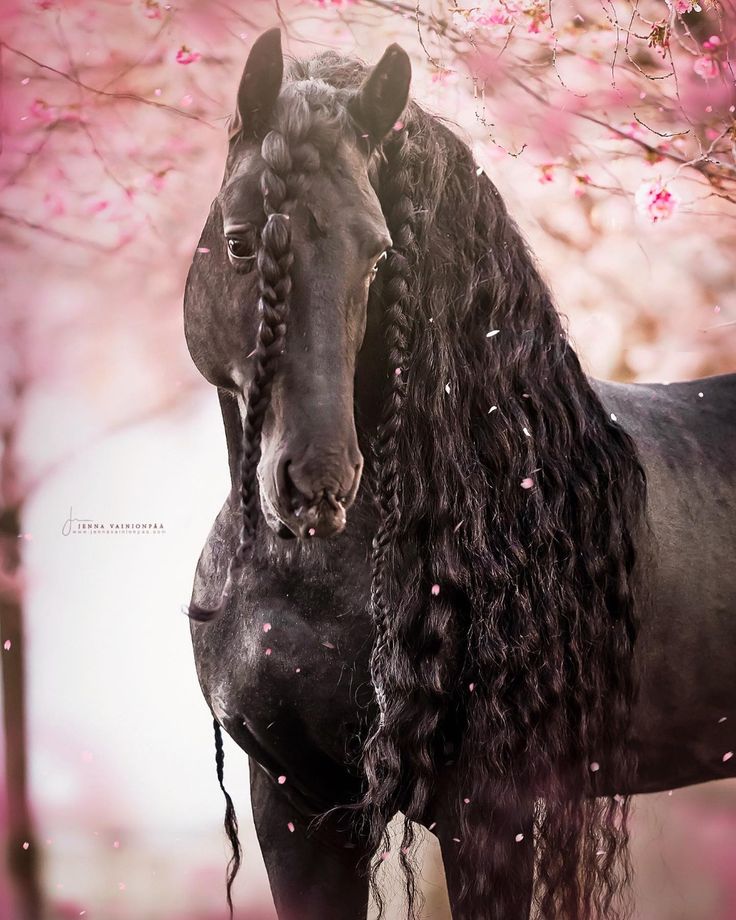When it comes to majestic and elegant creatures, horses are undoubtedly on the top of the list. Their beauty, power, and grace have fascinated people for centuries. Although horses were once primarily used as transportation and work animals, they are now popular for recreational activities as well. If you are someone intrigued by these majestic equines, then you are in for a treat today as I am going to provide you with a glimpse into the world of horses.
Horses are a type of ungulate mammal, meaning they have hooves instead of feet. They are herbivores and have a unique digestive system where they digest their food through a process called hindgut fermentation. Horses come in various breeds, each having different physical features and temperaments. The most common breeds are Thoroughbred, Quarter Horse, Arabian, and Appaloosa. A horse’s physical attributes, such as color, height, and weight, heavily depend on its breed and genetics.
Apart from their physical appearance, horses have a remarkable communication system. Through their body language and vocalizations, they can convey different emotions and intentions. For instance, when a horse is feeling relaxed, it will droop its head, blink slowly, and stand with one hind leg cocked. On the other hand, when a horse feels threatened or frightened, it will raise its head, prick up its ears, and snort. It is essential to understand these signals if you want to interact with horses effectively.
Horses have been domesticated for thousands of years and have played a significant role in human history. Cavemen used them for transportation and hunting, while the ancient Greeks used them to pull their chariots in battle. Today, horses are used mainly for recreational purposes, such as riding, racing, and showing.
Furthermore, interacting with horses has therapeutic benefits. Equine-assisted therapy (EAT) is a form of psychotherapy that utilizes horses as a medium to help individuals with mental health issues, such as depression, anxiety, and Post Traumatic Stress Disorder (PTSD). Horses’ ability to mirror human emotions and provide instant feedback makes them excellent therapeutic facilitators.
In conclusion, horses are fascinating animals that play significant roles in human society. Their unique physical features, communication system, and involvement in human history make them a fascinating species to study. Moreover, their therapeutic benefits cannot be denied. If you are interested in learning more about horses, do not hesitate to pay a visit to a local stable or read up on them online. You may be amazed at how much more there is to discover!











